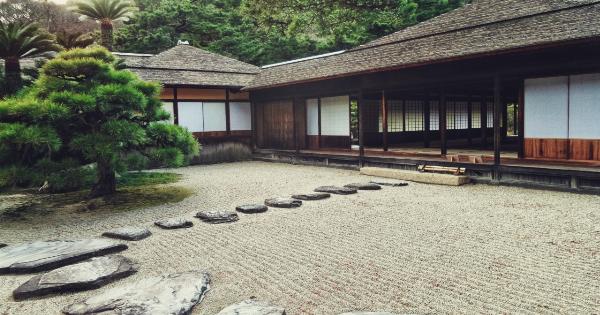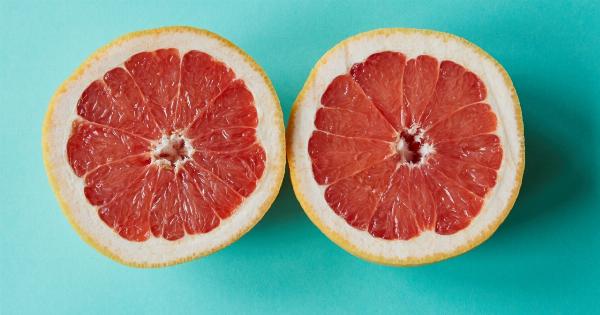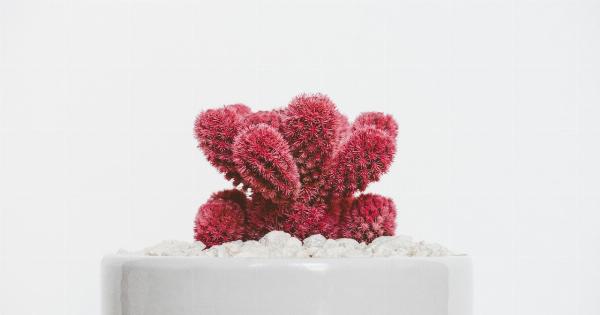Kidney stones are small, hard deposits that form inside the kidneys. They can cause severe pain, discomfort, and in some cases, lead to serious complications like kidney damage and infection.
If you’ve ever had kidney stones, you know how painful and disruptive they can be. Here are 11 tips to help you prevent and manage kidney stones so that they don’t ruin your life.
1. Stay Hydrated
Drinking plenty of fluids is essential for preventing kidney stones. The more you drink, the more urine your kidneys produce, which can help flush out any small stones before they grow larger.
Aim to drink at least 2-3 liters (8-12 cups) of water per day, and even more if you’re prone to kidney stones or if you’re exercising heavily or spending time in hot weather.
2. Cut Back on Sodium
Diets high in sodium can increase your risk of kidney stones. High salt intake can increase the amount of calcium in your urine, which can lead to stone formation.
Try to limit your sodium intake to no more than 2,300 mg per day (about one teaspoon of salt), and even less if you’re prone to kidney stones or have high blood pressure.
3. Eat Plenty of Calcium-Rich Foods
Contrary to popular belief, calcium is not the enemy when it comes to kidney stones.
In fact, calcium binds with oxalate (one of the main components of kidney stones) in the gut and helps to prevent it from being absorbed into the bloodstream and excreted in the urine. Incorporate calcium-rich foods like milk, yogurt, cheese, and leafy greens into your diet, and consider taking a calcium supplement if you’re not getting enough from food.
4. Avoid Oxalate-Rich Foods
Oxalate is another component of kidney stones, and certain foods are high in this compound. If you’re prone to kidney stones, you may want to limit your intake of oxalate-rich foods like spinach, rhubarb, beets, nuts, and chocolate.
5. Moderate Your Protein Intake
High protein diets can increase your risk of kidney stones. Protein breaks down into amino acids, which can increase the amount of calcium and uric acid in your urine, both of which can contribute to stone formation.
Aim to consume moderate amounts of protein (about 0.8 grams per kilogram of body weight per day) from sources like lean meat, fish, and plant-based proteins like beans and legumes.
6. Steer Clear of Soda
Drinking soda (especially dark colas) can increase your risk of kidney stones. Soda contains high amounts of phosphoric acid, which can increase the amount of calcium in your urine and contribute to stone formation.
Stick to water or other low-sugar beverages like herbal tea or seltzer water.
7. Exercise Regularly
Regular exercise can help prevent kidney stones. Physical activity can help regulate your blood pressure, promote healthy kidney function, and reduce your risk of obesity, which can increase your risk of stone formation.
Aim for at least 30-60 minutes of moderate to vigorous exercise per day.
8. Maintain a Healthy Weight
Being overweight or obese can increase your risk of kidney stones. Excess body weight can lead to insulin resistance, which can alter the way your body metabolizes calcium and other minerals that can contribute to stone formation.
Aim to maintain a healthy weight through a balanced diet and regular exercise.
9. Don’t Hold It In
When you have to go, go! Holding in urine for long periods of time can increase your risk of kidney stones. When urine sits in the bladder for too long, minerals and other compounds can accumulate and form stones.
Urinate regularly, and don’t hold it in for extended periods of time.
10. Manage Chronic Health Conditions
If you have chronic health conditions like diabetes or high blood pressure, it’s important to manage them effectively. These conditions can alter the way your body processes minerals like calcium and increase your risk of stone formation.
Work with your healthcare provider to manage these conditions effectively and reduce your risk of kidney stones.
11. Avoid Vitamin C Supplements
High doses of vitamin C supplements can increase your risk of kidney stones. Vitamin C breaks down into oxalate in the body, and excess oxalate can contribute to stone formation.
Stick to recommended doses of vitamin C (about 90 mg per day for men and 75 mg per day for women) from food sources like fruits and vegetables.






























